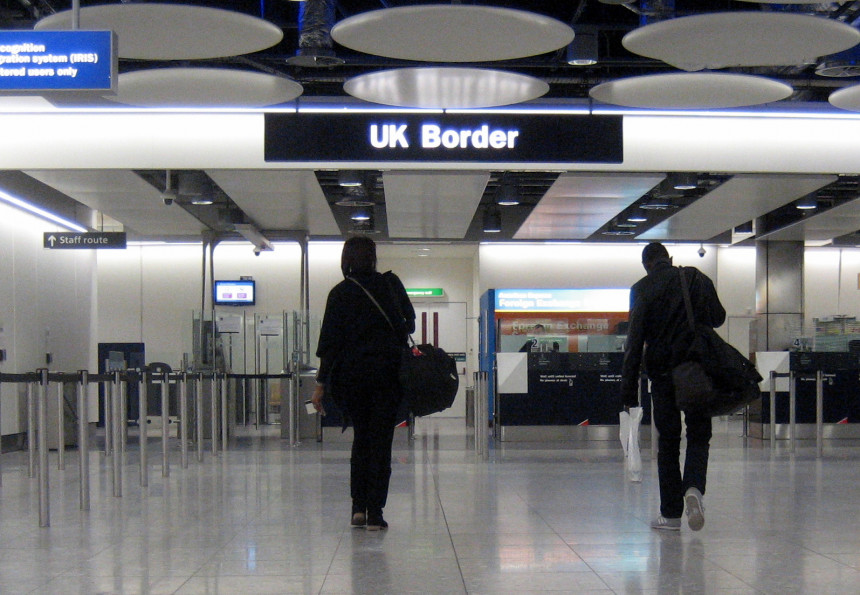
On 23 June 2016, the UK voted its exit from the European Union in the commonly called "Brexit" getting, a victory for supporters of the country leaving by a very narrow margin (51.9% to 48.1%).
This victory of those supporting leaving the European Union has no immediate effect, but under Article 50 of the Treaty on European Union, there is a period of two years from the official notification of the decision for negotiating the exit conditions. This communication has not yet been made, so the legal period has not begun to count and therefore negotiations have not yet started. In the words of Jean-Claude Juncker, President of the European Council, "No notification, no negotiation."
Since the referendum is not binding, the British Parliament could slow the process, although this is somewhat unlikely. In any case, it is also possible that the two-year period laid down in Article 50 could be extended, provided there is unanimity among EU members, if during that time with the United Kingdom was not reached.
If this situation continues, the country would depend on the rules of the World Trade Organization in its dealings with third countries. At this point, one might ask what logistic and customs implications associated with this segregation of the UK, and for membership in the European Union, was for one of the countries with less reliance on community organisations (not belonging to the Euro Area, since it kept its own currency and it was not dependent on the decisions of Brussels in certain aspects).
From a strictly logistical point of view, the implications are few. Transport, which is the branch of logistics in charge of moving goods from point A to point B, is already used to cross virtual borders (as in the case of Schengen space) or real (as in the case of countries like Andorra, that despite being physically surrounded by countries outside the EU, does not belong to the Union and therefore has certain restrictions on the free movement of people and goods). The UK has three main access routes to and from Europe: the Channel Tunnel, which connects the UK to France, shipping and air transport.







